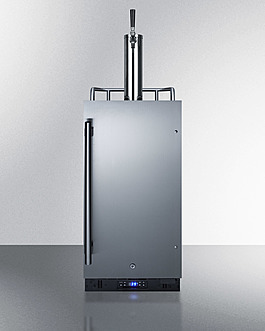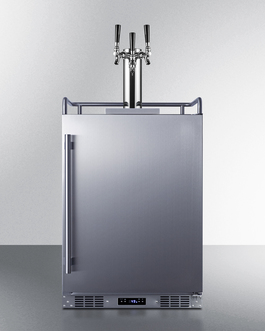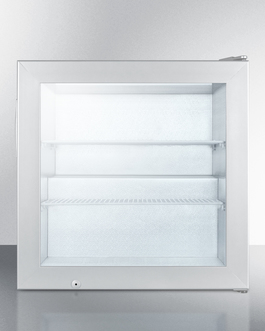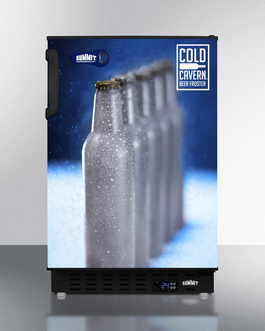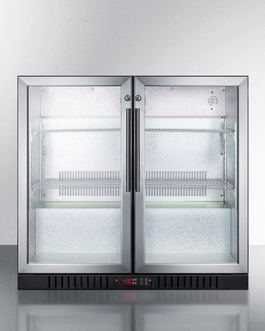Temperature Tips For Beer & Ale
A general rule of thumb for beer service is, the higher the alcohol content the warmer it is served.
All beer falls into two basic categories: lagers and ales. Lagers tend to be light, crisp, and clean tasting. They are delicious cold (especially the light versions) at temperatures as low as 24ºF and up to 48ºF. These brews are especially refreshing on a hot summer day.
Most ales tend to be full-bodied and higher in alcohol. They are often enjoyed at 50ºF, up to 60ºF for richer styles where too cold a temperature can bury the unique flavor. Cream ales are an exception because they are lighter in body. If your taste runs to these darker brews, be sure to observe the proper storage temperature for yourself and your guests.
General Beer Storage Temperature
Because beer can be stored at a wide range of temperatures, it's ideal to store your beer at the same temperature you like to drink it. Temperatures too warm, over 70ºF can cause your beer's flavor and aroma to be altered. Plus, very few would enjoy a beer that warm.
One of the most important elements in beer storage is constant temperature. That's why a dedicated beer refrigerator, away from the hustle and bustle of a kitchen refrigerator is ideal. If you're serious about beer, then you should avoid storing your beloved craft collection in the same space as your milk. Constantly opening the refrigerator door will cause minor fluctuations inside. While your leftovers are used to the erratic weather, your beer is not.
Draft Beer
For many beer lovers, a brewery fresh draft with a rich head is the only way to go. Because draft beer is usually not pasteurized, storage temperature is even more important. Draft beer should be kept cold, preferably at 36-38ºF and is best consumed within 30 days.
Temperatures above 45ºF may cause the beer to turn sour and become cloudy. Beer dispensers that accommodate several sized kegs are great because they give you the flexibility to tap the size keg you plan to use within a 30-day period. As with storing cans and bottles, the temperature will fluctuate if the door is constantly opened.
Need to take your beer knowledge to the next level? Read on to learn the best way to store and age your bottled craft beer.
Related Links:
SUMMIT Beer Storage Products
Storing & Aging Craft Beer
FAQs About Draft Beer
Wine & Beverage Products
How to Store Wine
Pub Cellars For Ale Storage
Cold Brew & Nitro Coffee Dispensers
Downloadable Catalogs:
Built-In Undercounter Refrigeration Line
Apartment Sized Refrigerator-Freezers
Beer, Wine, & Outdoor Collection
Hospitality Appliance Collection
Commercial Product Line
Complete Cooking Catalog
Small Kitchen Designs By Summit
